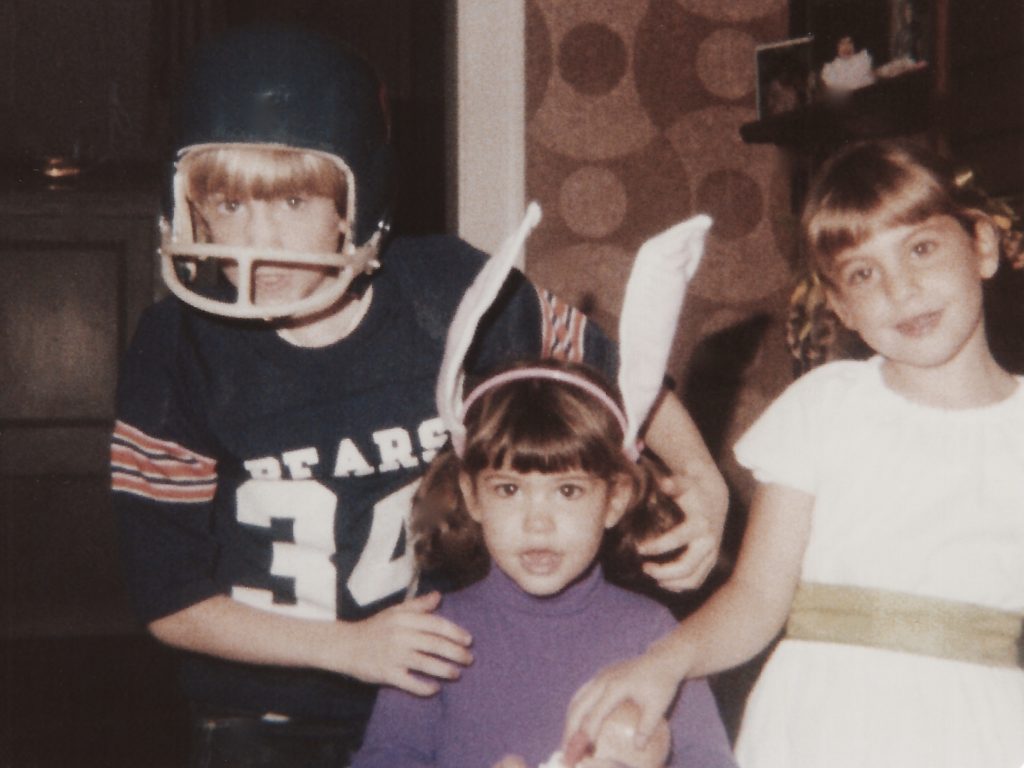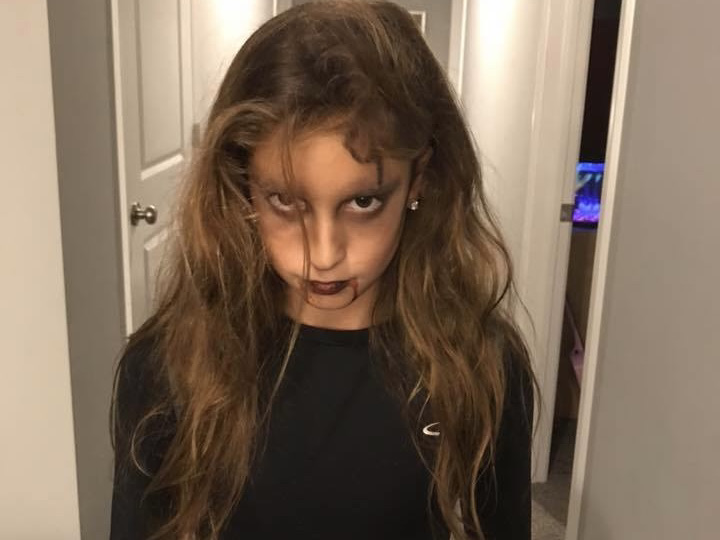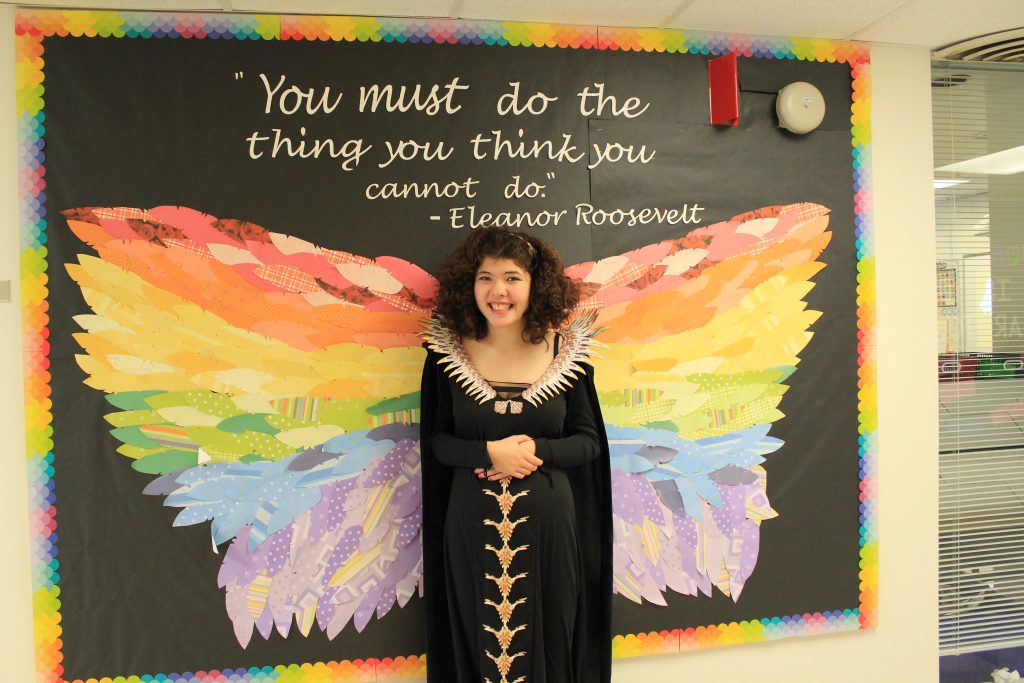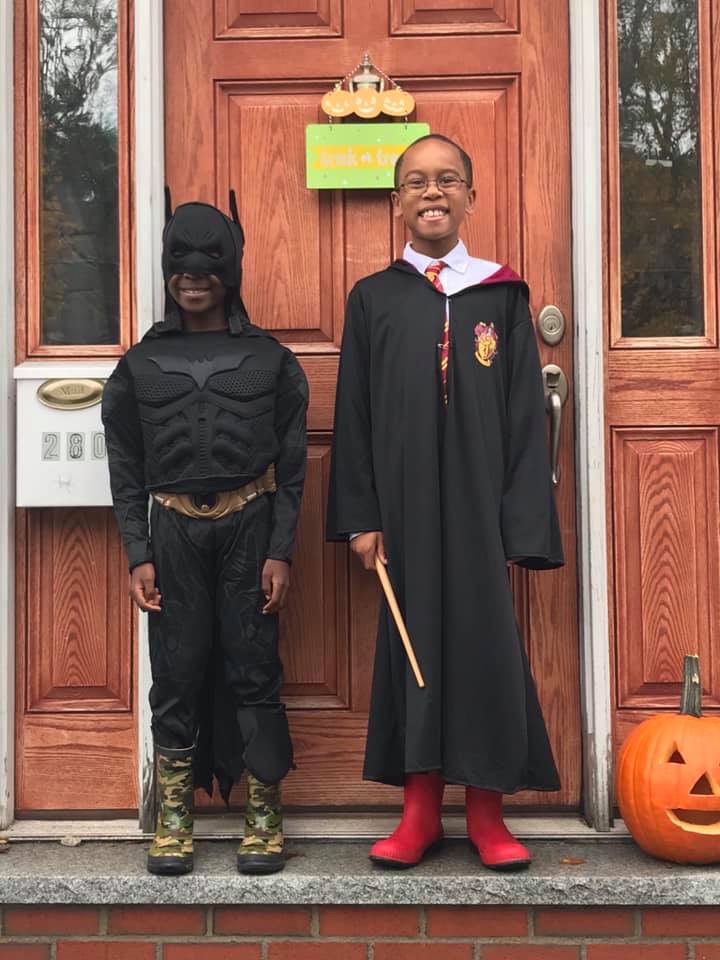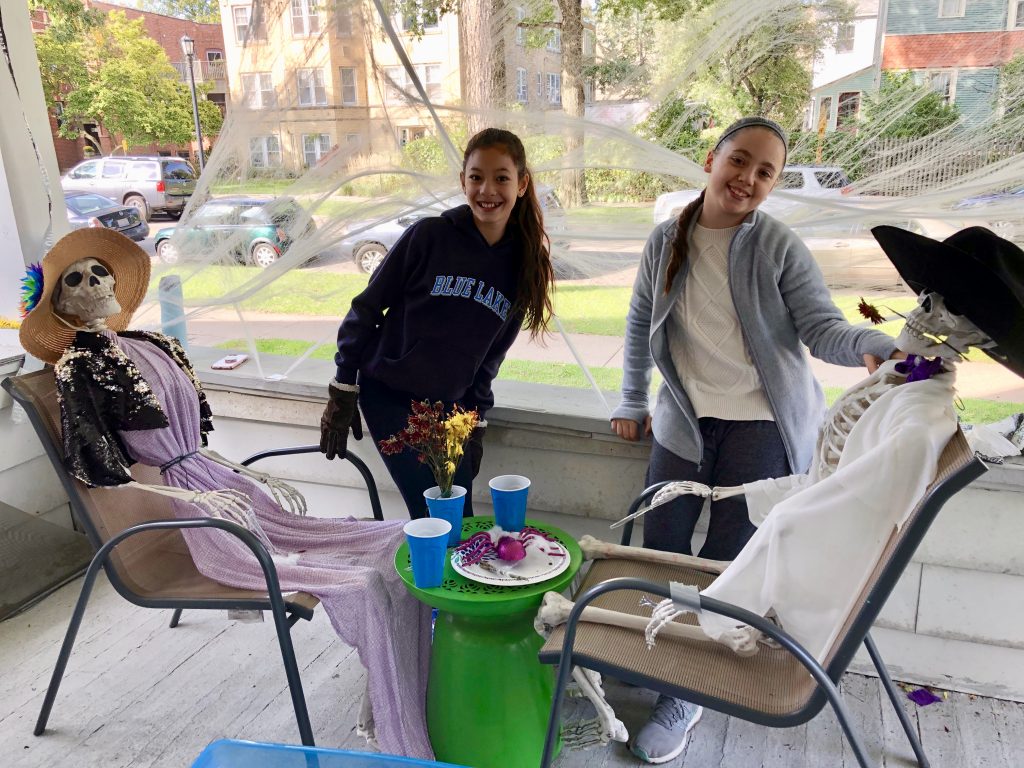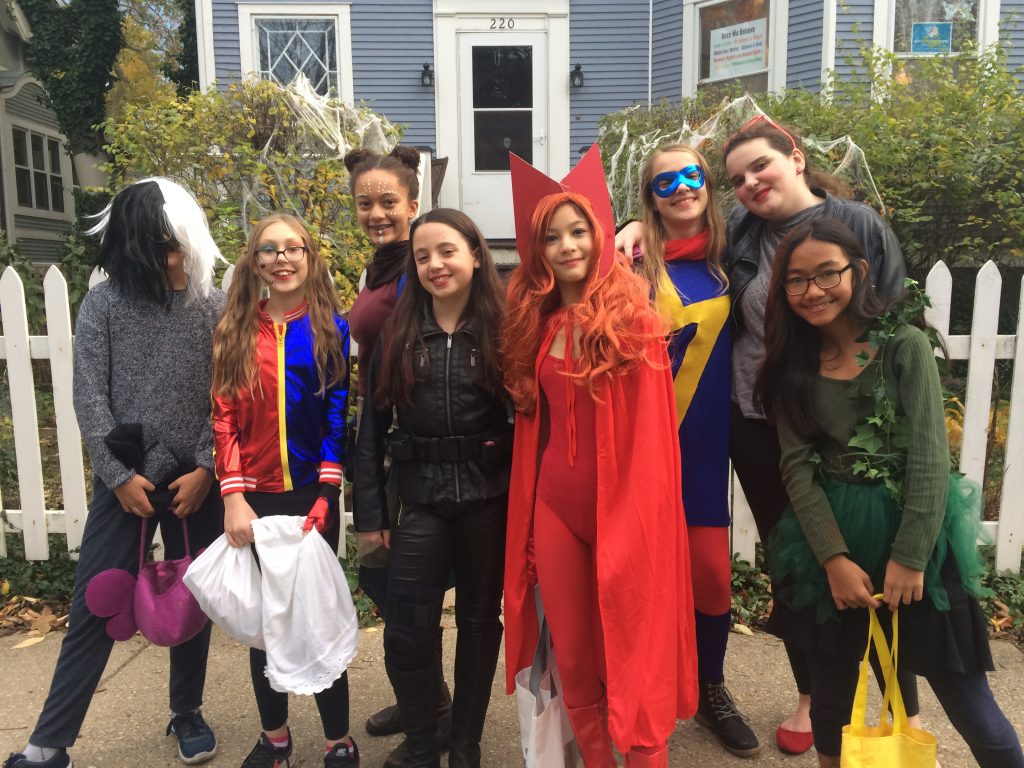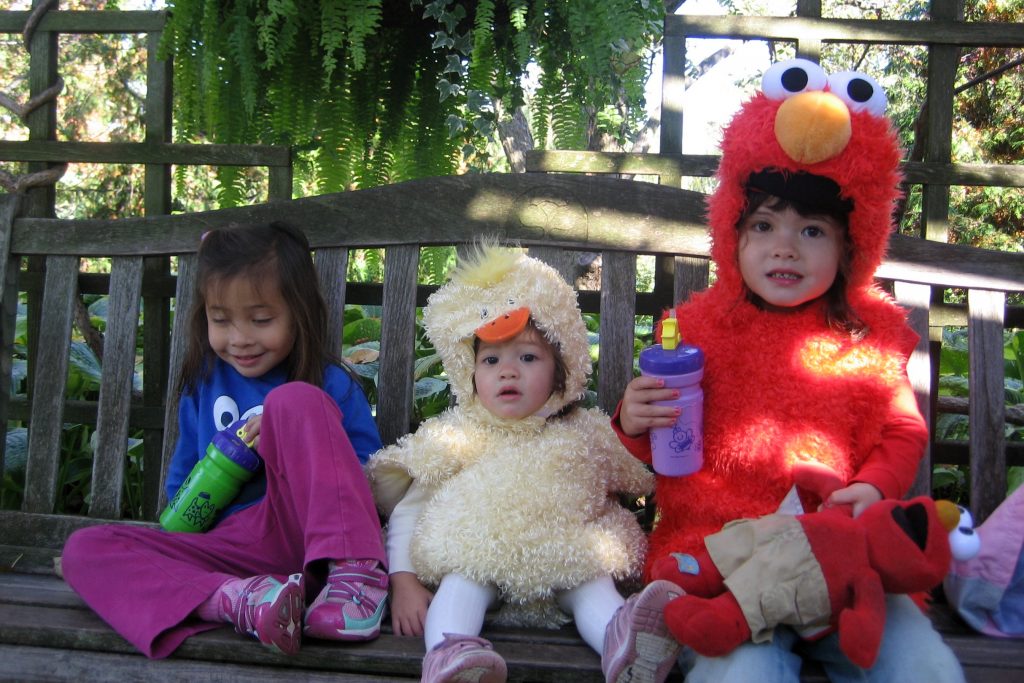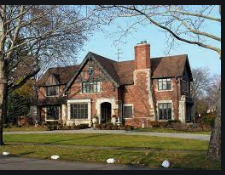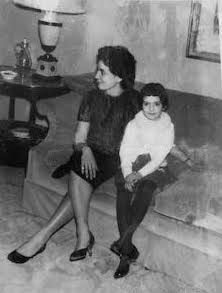I have many Halloween memories, but can’t recall a single specific Halloween from before I went to college. All I have are fragments. Sepia-tones Instamatic snaps in my mind of me and other little kids wandering in and out of the pools of light and shadow of the streets in my neighborhood, seeking candy. No adult accompaniment back then, which I think made it much more fun. I remember that the bullies always seemed to dress as stereotypical hobos. I figured that it was because some old clothes, a pillowcase and a dab of greasepaint for dirt on the face was cheap and easy. My costumes were usually homemade and science-fiction themed. A robot of silver-painted cardboard boxes, corrugated tubes and Reynolds Wrap. Mr. Spock, complete with ears. The Creature From the Black Lagoon (well, sort of). As I outgrew tricks or treats, I noticed that the usual bullies kept at it, in the same costumes, although it was by then more of an extortion scheme for them.
Halloween did teach me a life lesson, though. I only learned the story behind it years later.
My Mom was a very take-no-prisoners person if pushed too far; https://www.myretrospect.com/stories/bringing-backup/. One day, when I was quite young and not at home, my school gym teacher showed up at our door. Mr. Louis was selling encyclopedias. After inviting him in and listening politely to his pitch, Mom declined to buy what we had available in the public library. That was when Mr. Louis made a serious error. He intimated that it might go badly for her kid’s grades if she didn’t buy a set of his books. With that, my Mom went ballistic, grabbed Mr. Louis and escorted him bodily to the door, all to the accompaniment of some of her plentiful supply of obscene insults. But she didn’t tell me about it.
My grade school had a Halloween costume contest every year. My most imaginative and carefully crafted costumes never seemed to get any traction. Robot, Spock, Gill Man, Dracula. It didn’t matter. I was always out in the first or second round. The winner was usually one of the hobos. The hobos were often the jocks as well.
One year, when I was in sixth or seventh grade, my parents attended. They sussed out what was happening in short order. Although the judging was ostensibly by loudness-of-applause, one of the teachers, standing in the back of the auditorium, was signalling who was in and who was out and who finally won.
That teacher was Mr. Louis, who evidently had a long memory.
Mom had never put two and two together until that year. That was when she told me about her giving the bum’s rush to a certain encyclopedia salesman. It took a lot of pleading to convince her that a rematch with Mr. Louis could only make things worse for me, and I only had a year or two left at PS#4 anyway. But the story explained a lot about Mr. Louis’ behavior toward me over the years.
I never again entered the Halloween costume contest.



